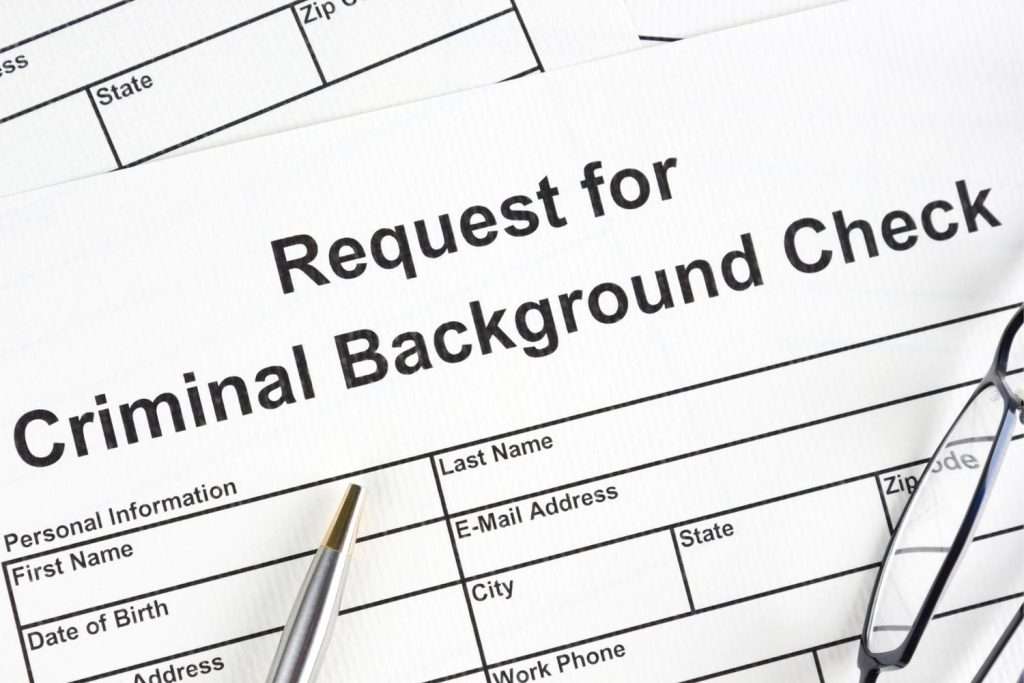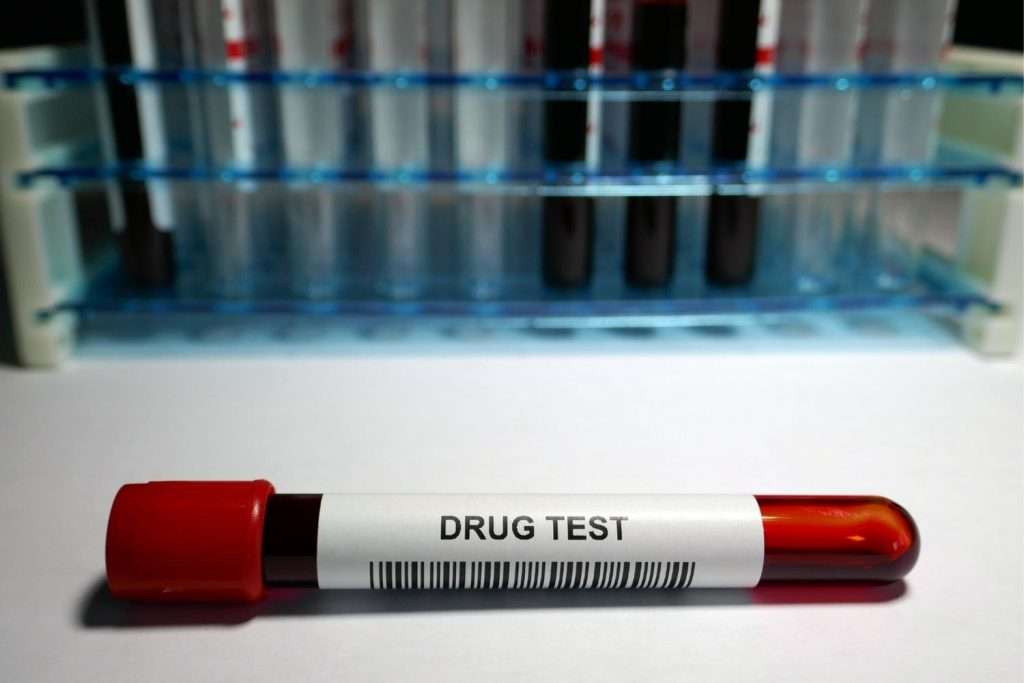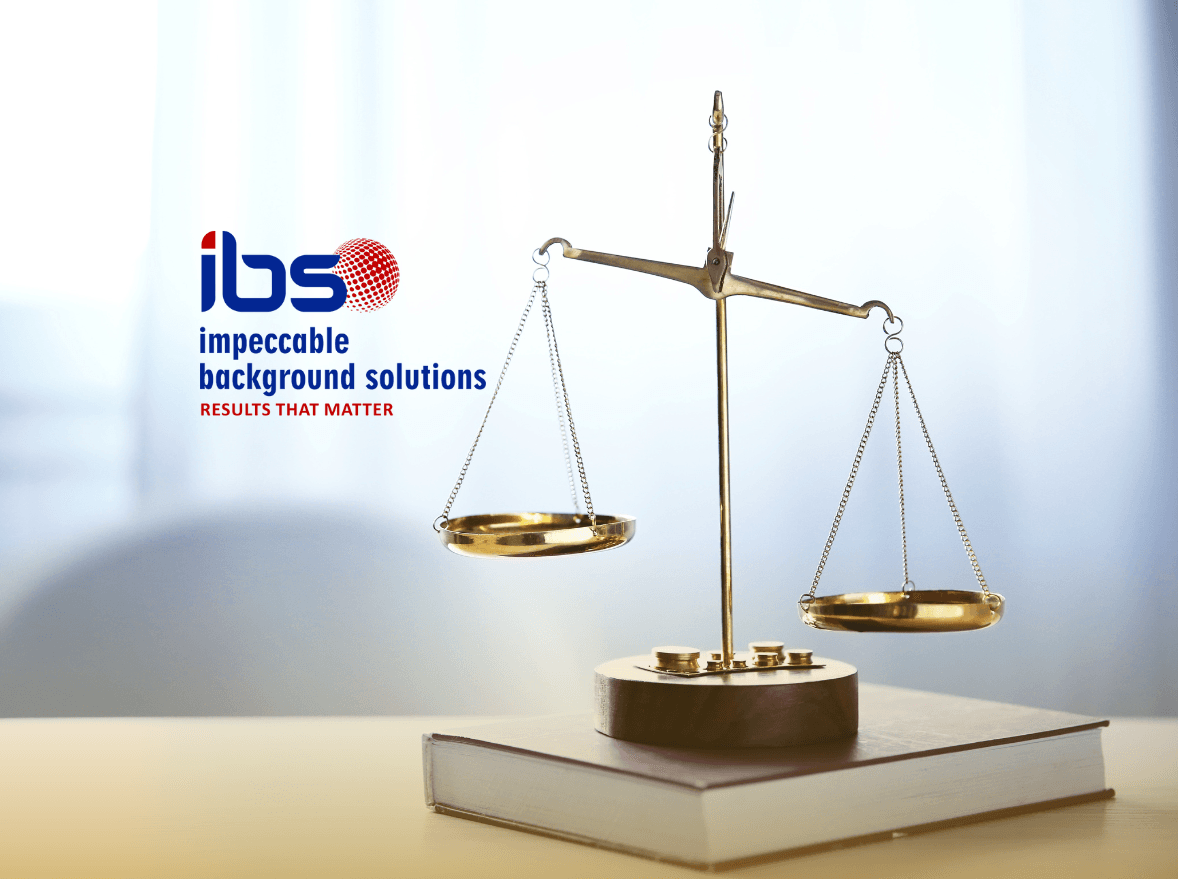
Employers use pre-employment screening to ensure that the people they hire are a good fit for their company and the job. Background checks can check for criminal records, bankruptcies, and other civil record problems that could prevent an applicant from performing the job correctly. Drug tests can screen for illegal drug use, which could make the employee ineligible to work in certain positions. And social media screening and interviews can help find out about the applicant’s skills and experience in order to determine if they would be a good fit for the job.
What are the Benefits of a Pre-Employment Screening?
There are many benefits to having a pre-employment screening process in place. First and foremost, it can help you identify potential liabilities that could negatively affect your company if they were to be employed. Additionally, a pre-employment screening can also help you identify any potential strengths or skills that the individual may have that would make them an excellent fit for your organization. By doing this, you can ensure that you are hiring the right person for the job, and avoid any potential headaches down the road.
What are the Types of Pre-Employment Screenings?
There are many types of pre-employment screenings, including criminal background checks, employment history checks, and drug testing. Each type of screening has its own benefits and drawbacks.
- Criminal Background Check
- Drug Test
- Employment History Check
- Mental Health Evaluation

What Are the Benefits of a Criminal Background Check?
The benefits of a criminal background check for potential employees can be numerous. A criminal background searches can help ensure that the person seeking employment is qualified and safe to work with. It can also help protect the company from potential lawsuits if an employee harms or even kills someone while on duty.
One potential drawback of criminal background checks is that they may not always be accurate. Many people have had their misdemeanors expunged or corrected, and even if a person has a criminal record, it may not be immediately apparent. In addition, some felonies may not be reportable to a background check company. Finally, criminal records can change over time, so a check done several years ago may not reflect current information.

What Are The Benefits of Employee Drug Testing?
Employee drug testing is a common practice in the workplace. Benefits of employee drug testing include reducing substance abuse and improving safety as well as receiving discounts for worker’s compensation insurance. Substance abuse can lead to accidents and injuries, as well as decreased productivity. Drug testing can help identify individuals who are using substances and help them seek treatment. It can also help employers make decisions about who should be hired or promoted based on their qualifications, not on whether they are using drugs.
The drawbacks of employee drug testing are that it can be expensive, it can be time-consuming, and it can produce false positives. Drug testing can also lead to discrimination if the tests are used to punish employees for using drugs in violation of company policy, rather than for safety reasons.
What are the Benefits of an Employment History Check?
Employee screening can help ensure that the individuals you hire are a good fit for your company and will be productive members of your team. By conducting an employment history check, you can weed out candidates who have a history of not complying with workplace policies or who have a record of dishonesty or misconduct.
Additionally, an employment history check can help identify any potential red flags pertaining to the individual’s suitability for the job, such as if they have a criminal record or if they have had trouble with drug or alcohol abuse in the past. By taking these steps early on in the hiring process, you can make sure that your company is making informed decisions and that your employees are safe and productive members of your team.
There are a few potential drawbacks to using an employment history check as part of your pre-employment screening process. For one, it can be time-consuming to gather all the relevant information. Additionally, some offenses that may not be considered serious enough to warrant criminal record checks (e.g., traffic violations) could come up on an employment history check. Finally, because employment history checks are often based on records that may be out of date or incomplete, they could result in erroneous conclusions about an applicant’s suitability for a given position.
What Are the Benefits of a Mental Health Evaluation for Job Candidates?
There are many benefits to having a mental health evaluation done on job candidates. One of the most important benefits is that it can help identify any potential issues or problems that could lead to future difficulties at work. In some cases, a mental health evaluation may also reveal potential issues with the applicant’s personality or behavior that would make them difficult to work with. By identifying these potential problems early, employers can avoid any serious issues down the road.
There are a few potential downside to having a mental health evaluation done on job candidates. The first potential downside is that it could give an employer the wrong impression about a potential employee. It could make the employer think that the candidate is unstable or unable to handle stress, and this could lead to them not being hired. Additionally, if the evaluation reveals any signs of mental health issues, the candidate may not be able to work in a certain position or with certain people for fear of triggering an episode.
The second potential downside is that it can be expensive. Depending on the type of evaluation done and where it is performed, it may cost upwards of $1,000 dollars. This can be a significant barrier for some candidates who may not have that kind of money available to them.
Should Employers Require Pre-Employment Screening?
A pre-employment screening is an important process that should be used to ensure that only suitable employees are hired. Do you think employers should require pre-employment screening? What types do you think or more relevant then others? We would love to hear what you think. Share your comments below.





